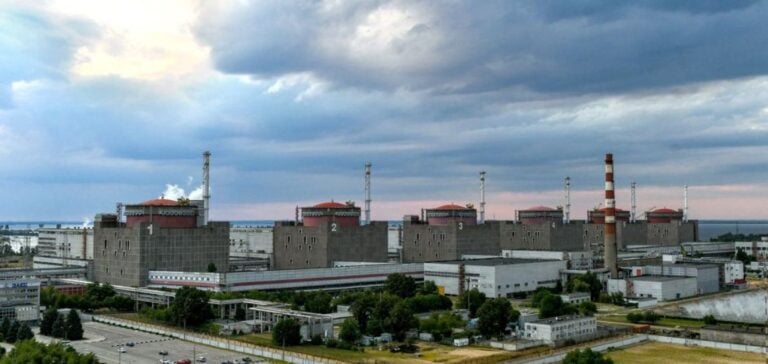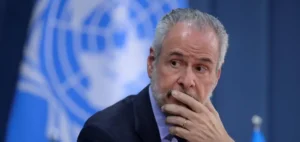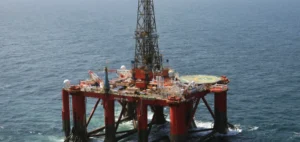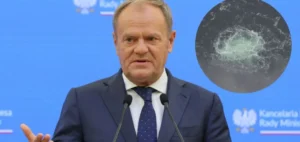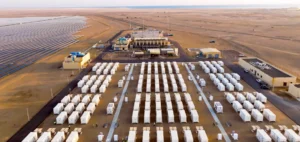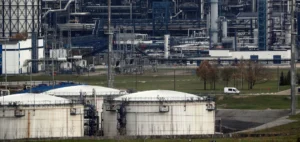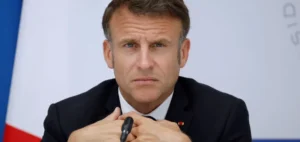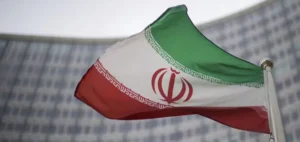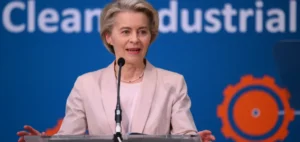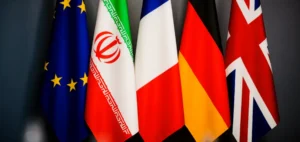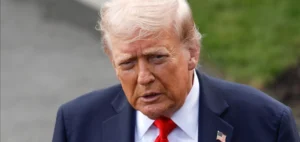The International Atomic Energy Agency (IAEA) has expressed serious concern about the safety of the Zaporijjia nuclear power plant in Ukraine.
Occupied for over two years, the plant was targeted by drones on April 7.
These attacks, the first of this scale since November 2022, were strongly condemned by Rafael Grossi, IAEA Director General, at a session of the United Nations Security Council.
Increased risks to nuclear safety
Although the attacks have not yet caused any radiological incidents, they have considerably increased the risks at the plant.
The containment structure of one of the reactors has been breached, an unprecedented event that raises major concerns.
Grossi stressed that every pillar of nuclear safety and security established by the IAEA has been compromised, exacerbating the dangers in an already unstable region.
Calls for international action
Given the urgency of the situation, Grossi called for immediate international action to prevent a nuclear disaster.
He insisted that we cannot remain passive, waiting for an event that could further destabilize the situation.
The international community is called upon to intervene and guarantee the safety of the plant, underlining the need for extensive cooperation to avoid a major accident.
Plant status and future implications
All six reactors at the Zaporizhia power plant are currently shut down, but the risk of a major nuclear accident remains significant.
The implications of such a catastrophe would be disastrous not only for Ukraine, but for the entire surrounding region.
Thus, the situation at the Zaporizhia nuclear power plant represents a major challenge to international security, requiring a coordinated response to prevent a nuclear crisis.


